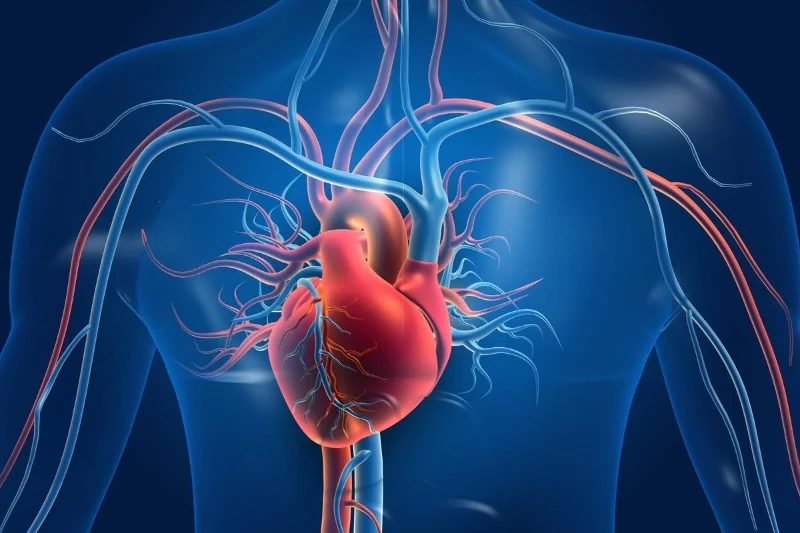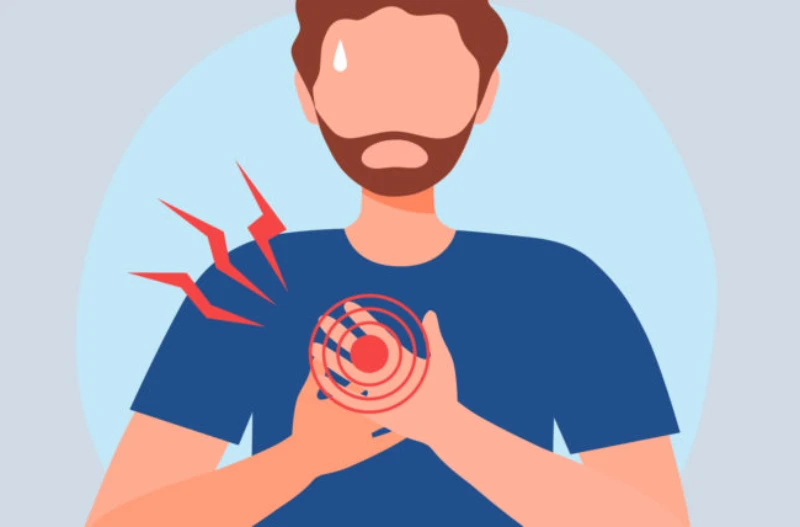What Happens If You Eat 1 Egg a Day?
advertisement

advertisement
Eating an egg daily can have several benefits. For example, it increases high-density lipoprotein (HDL) levels and lowers the risk of heart disease and liver disease. Eggs are also thought to be beneficial in fighting against cancer. And they are also known to have anti-inflammatory properties.
Increased levels of high-density lipoprotein (HDL)

High levels of HDL are associated with decreased risk of cardiovascular disease. The Framingham Study was the first epidemiologic trial to show an inverse association between HDL levels and total mortality. While the inverse relationship has been attributed to HDL's role in reverse cholesterol transport, it also has many other beneficial effects, including anti-inflammatory, antioxidant, and antithrombotic effects.
Increasing HDL levels can be accomplished through a number of healthy habits. These habits include eating more healthful fats and reducing harmful trans fats. Getting enough exercise and quitting smoking are also helpful. In addition to increasing HDL, these habits have other health benefits and are therefore an integral part of a healthy lifestyle.
Increasing HDL levels may improve health and prevent cardiovascular disease (CVD). Studies have shown that HDL can modulate platelet and coagulation responses.
Reduced risk of liver disease

Recent studies have demonstrated that eating an egg a day reduces the risk of developing NAFLD, a form of liver cancer. The research included 146,011 participants from 21 countries and 31,544 people with vascular disease. This study's results are interesting because it found a clear relationship between the consumption of eggs and reduced risk of NAFLD, even after adjusting for age, gender, BMI, smoking, and other factors.
The study is not a controlled trial, and there are several important caveats. One of these caveats is that the participants were not followed for the full duration of the study. It also relies on self-reported data, so the results are not conclusive. In addition, egg consumption in a healthy population is not consistent over time.
In a recent study, researchers found that eating one egg a day reduced the risk of developing cardiovascular disease by a factor of about 18 percent. The study also found that people who ate an egg a day were about 11 percent less likely to die of heart disease. Eggs contain many nutrients essential to maintaining health, including high-quality proteins.
Lower risk of heart disease

The researchers who conducted this study concluded that eating one egg a day reduces the risk of cardiovascular disease. However, the findings are contradictory to those of previous studies. In fact, it's not clear whether egg consumption is associated with a lower risk of cardiovascular disease in women and men.
The findings came from a study that involved half a million adults in 10 regions of China. Of those, nearly half consumed at least one egg daily, and only a small percentage never ate the food. While the study's results aren't definitive, it does highlight the importance of dietary diversity in reducing heart disease risk.
Although the recent study found no connection between eating an egg and heart disease, the researchers cautioned that egg-based breakfasts can lead to overeating. However, they found no link between overeating eggs and a higher risk of heart disease in those with higher genetic risk.
advertisement
You May Like
advertisement







